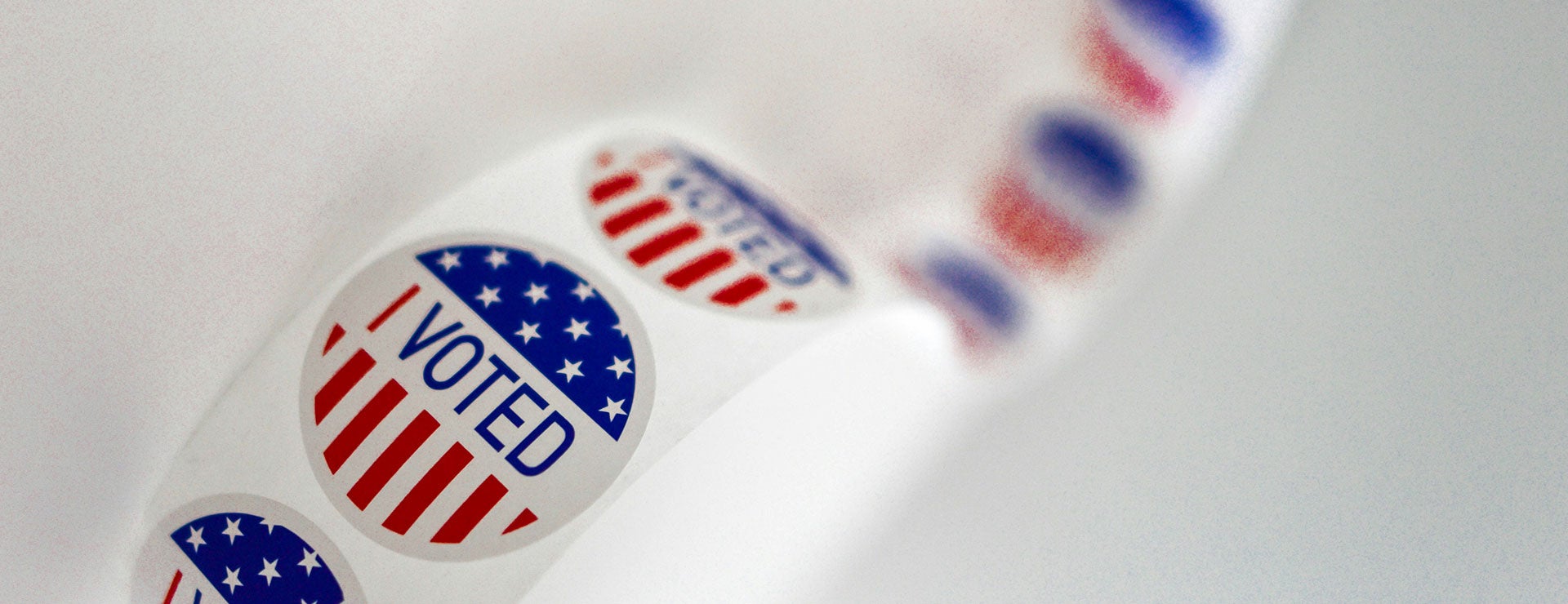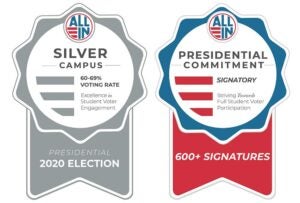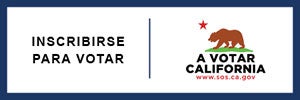
Civic Engagement and Voter Empowerment
Register, Vote, and Volunteer
As part of our mission, we understand that voter empowerment and civic engagement is an essential part of the college experience and contributes to democratic participation in our society.
Through instruction, extracurricular activities, student clubs, internships, and peer-to-peer interactions, there are opportunities to become civically engaged and involved both on and off campus. Our aim is to help demystify voter empowerment and civic engagement, and connect students with resources, services, and partnerships that will help them in their journey to become active and empowered global citizens.
View our Civic Engagement and Voter Empowerment Action Plan.
Recognized for Excellence in Student Voter Engagement
Sierra College was presented with a silver seal from the All In Campus Democracy Challenge for having a 60-69% voting rate during the 2020 presidential election. To learn more, visit the Student Voting Rates for Sierra College: 2020 NSLVE Campus Report.
Voter Empowerment
Civic Engagement
Consider participating in civic engagement programs and activities to gain exposure to current issues, which may impact your life, while also learning self-agency and how to inspire positive change in our community.
Contact Us
If you have any questions, please reach out to Juan Miguel Blanco, Civic and Voter Empowerment Coordinator (CVEC).



